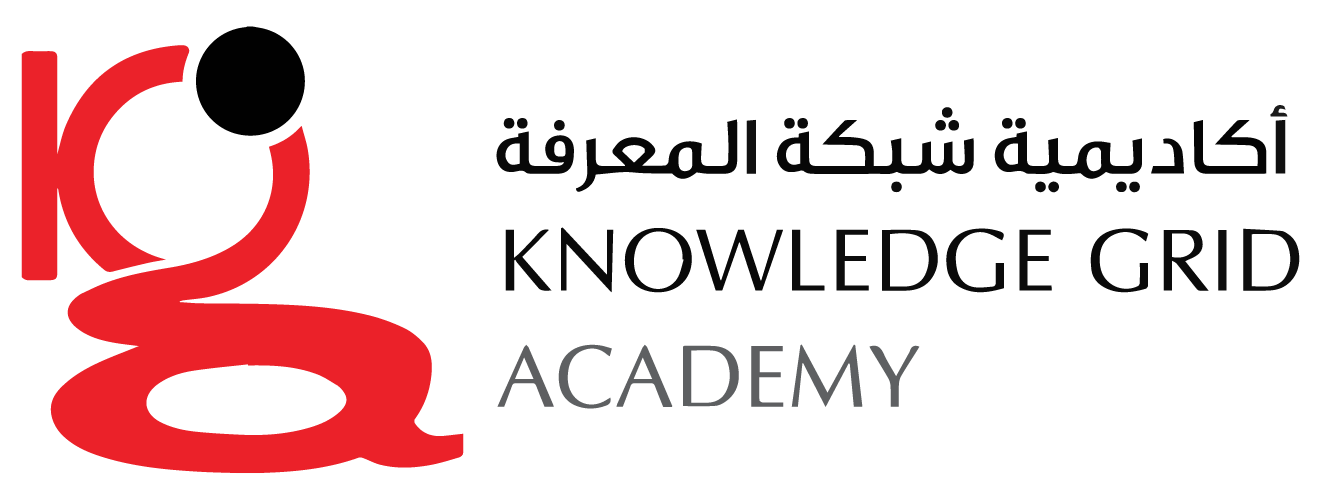Course Objective :
An AutoCAD 2D course is designed to cater to individuals who want to learn the fundamentals of 2D drafting and design using AutoCAD software. The course is suitable for a diverse range of learners with varying backgrounds and career goals. The course covers various aspects of creating accurate technical drawings, plans, and diagrams.
Target Audience :
Individuals who are new to AutoCAD and want to learn the basics of 2D and 3D drafting and design. Students pursuing degrees in architecture, engineering, interior design, or related fields.
- Students and Beginners
- Professionals Seeking Skill Enhancement
- Architects and Designers
- Engineers and Drafters
- Construction Professionals
- Educators and Trainers
Pre – Requisites :
- Basic Computer Skills
- Familiarity with using a computer and operating system
- Proficiency in basic tasks like file management, navigating folders, and using input devices (keyboard and mouse)
- Understanding of Technical Drawings
Course Outline :
Introduction to AutoCAD
- Overview of AutoCAD interface and features
- Understanding the purpose of 2D drafting and design
Getting Started
- Opening, saving, and organizing drawings
- Using standard drawing tools (lines, circles, rectangles, etc.)
Basic Drawing and Editing
- Creating and editing lines, arcs, and polylines
- Modifying objects (move, copy, rotate, scale, etc.)
Precise Drafting
- Working with layers and colors
- Using object snaps and tracking for accuracy
Dimensioning and Annotations
- Adding dimensions to drawings
- Inserting text and annotations
Creating Complex Objects
- Using advanced drawing tools (ellipses, splines, etc.)
- Constructing accurate polygons and stars
Managing Blocks and References
- Introduction to blocks and attributes
- Inserting and managing external references (Xrefs)
Layouts and Printing
- Setting up paper space and model space
- Creating layouts for printing and plotting
Advanced Editing Techniques
- Using grips and grips editing
- Creating arrays and patterns
Hatching and Gradients
- Applying hatches and gradients to fill areas
- Creating custom hatch patterns
Working with Reusable Content
- Introduction to design center and tool palettes
- Creating and using blocks for efficiency
